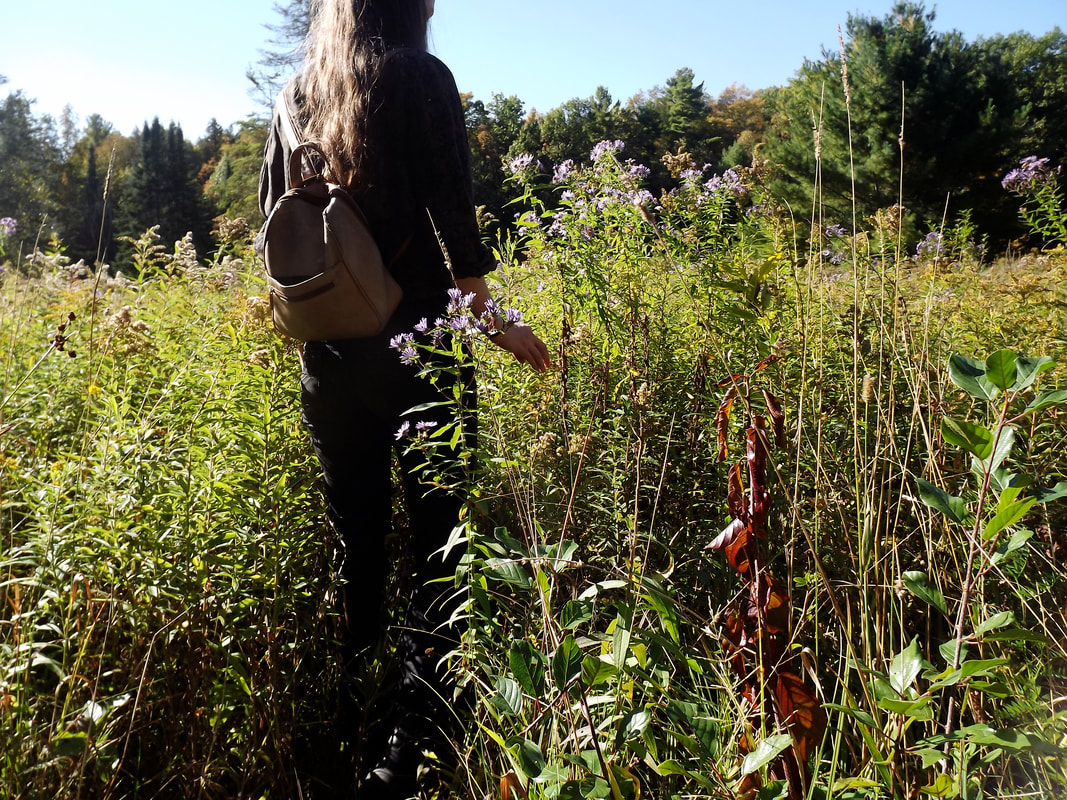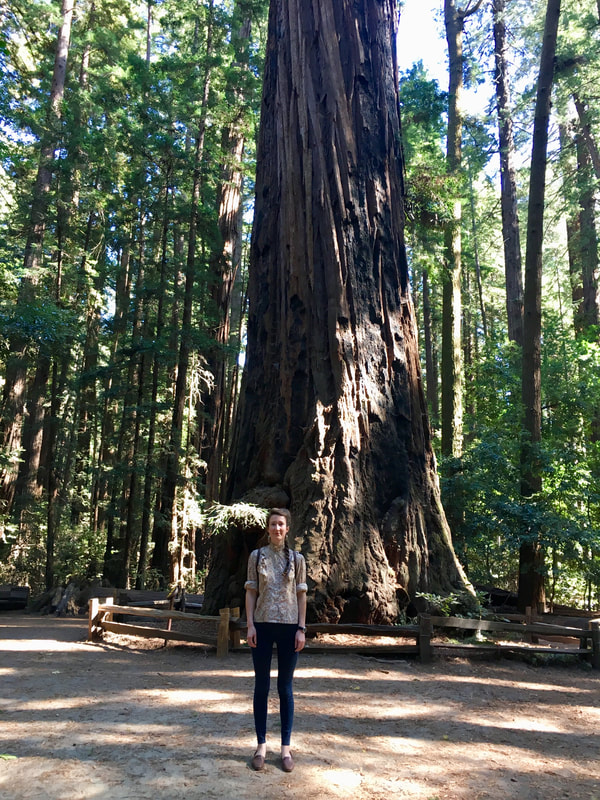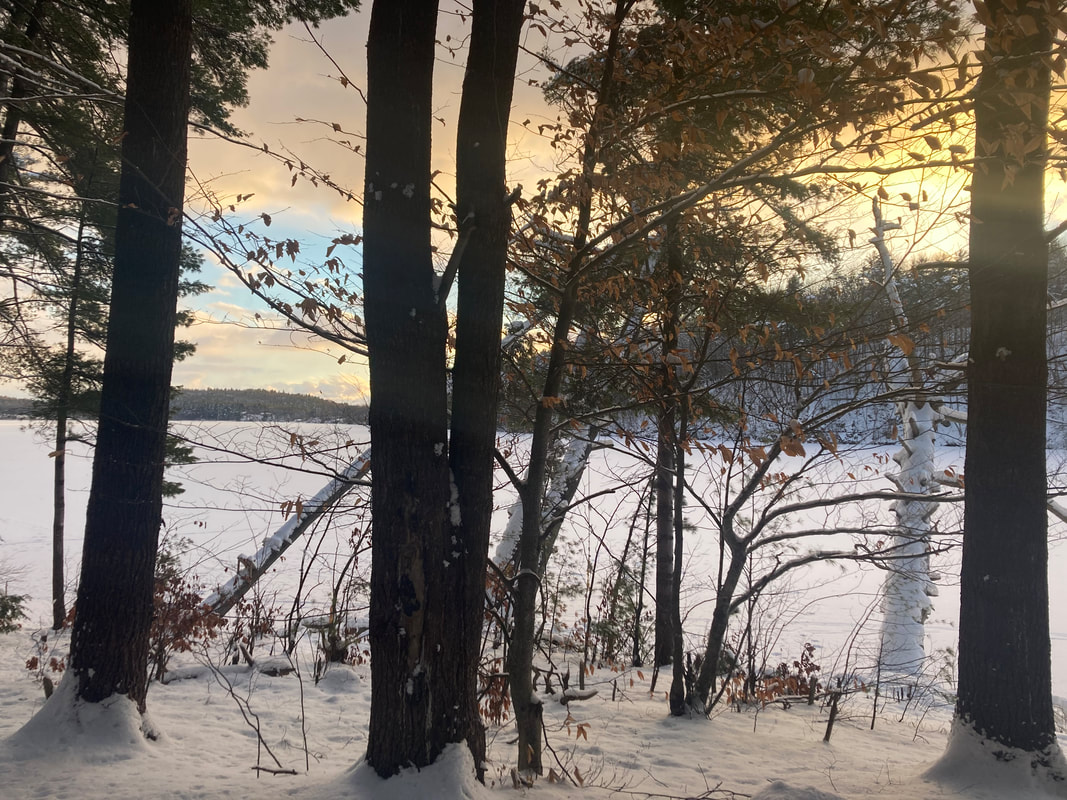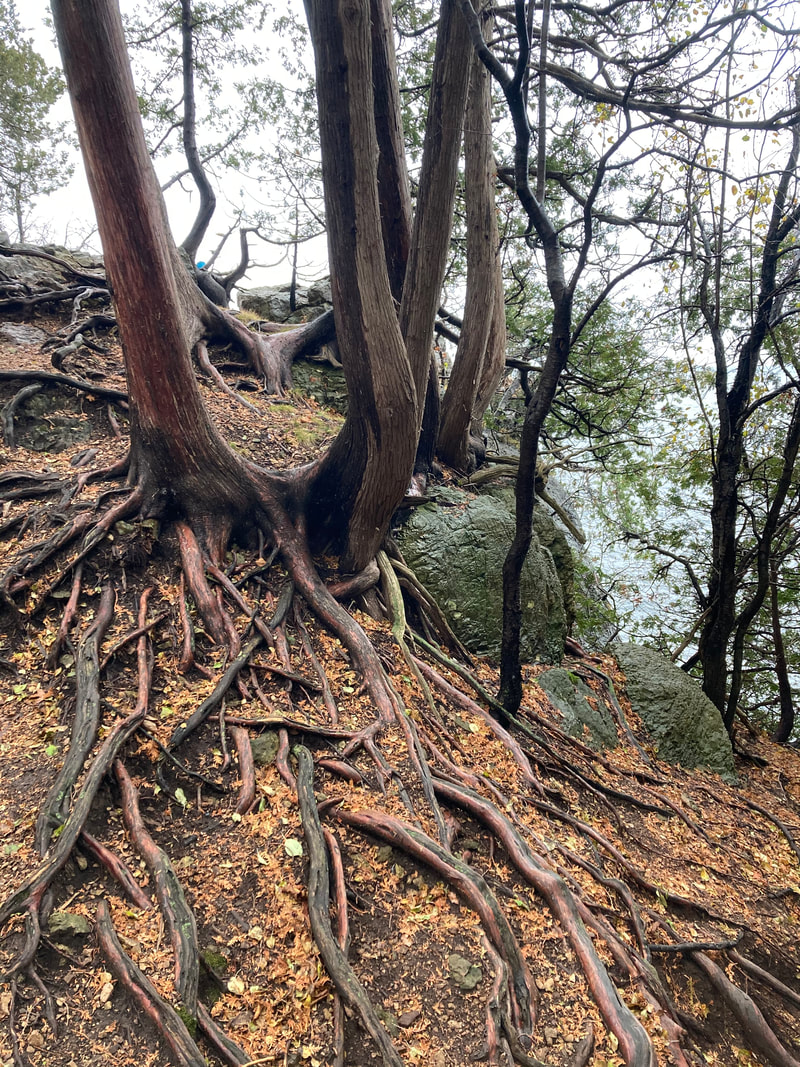|
We live in a fractal universe. There is complexity at every level, the small parts are whole in and of themselves, and they mirror the larger parts. You can see this in atoms and galaxies, the pattern of a fern, or the branching pattern of capillaries in the body, mycelium, and trees.
Human bodies and minds are adapted to a fractal world. In fact, I’ve observed time and again that complexity is actually soothing to the body. We are calmed and even healed by that which is multidimensional, multilayered, fractal. You can see this play out through the senses--the body is intelligent. Dappled sunlight dancing through the trees puts the mind at ease and uplifts the spirit. Compare this to a narrower spectrum of light: when we stare at the blue light from a screen for too long we start to lose our strength of vision. The beat of a drum, the harmonies of an orchestra, or the babble of a brook, all have the ability to soothe. They are pleasant to our human ears. These are complex, resonant, fractal patterns of sound. Beeps, buzzers, alarms--all singular in their depth and dimension. All grate on the mind and feel physically uncomfortable, put you on edge. Our minds prefer the uneven terrain of the wilderness to the right angles of the city. People who never walk on uneven ground (out in nature) are far more likely to lose their sense of balance in old age. Our bodies and spirits were not built for a world of zeros and ones. We were built for complexity. This applies to what we eat and ingest, too. Pharmaceuticals are often one single chemical compound, while herbs contain hundreds of phytochemicals in a highly complex and diverse array. When you drink herbal tea, take an herbal tincture, or cook with spices and fresh herbs and fruits and vegetables, you are soothed. You actually feel better, more vibrant. That’s because the complexity of plant chemistry is life-affirming and supportive of health and wellbeing. In a world that loves to simplify, remember that there is beauty and healing to be found in the organized chaos of fractal complexity.
1 Comment
 Lately I've been fully appreciating the importance of having mentors in my life to continue to inspire, encourage, and help me see the world more broadly, more clearly, and in new ways that are necessary for growth. The wisdom that comes from experience is like nothing else, especially when that wisdom can be conveyed directly to you in a personalized way that helps you see it as clearly as possible from your own vantage point. A mentor isn't just an impartial teacher or resource. A mentor sees your gifts and where you need encouragement. They have your back. They're rooting for you. They want you to succeed. The skilled and wise mentor is able to impart knowledge in a familiar and digestible way. I've often held the attitude that I should be able to do the research, put in the time, and figure out everything myself. But there is something so valuable about getting the information, the method, the theory, the design, from someone who has lived through it. Who really knows it from within. A mentor can answer your questions in real time. They can explain something from different angles until you really get it. They can see the spark of understanding flash across your face and build upon your confidence in that moment, gently guiding you along and closer to your goal. In a sense, plants are mentors too. They are our elders. They have been around for millions of years. Humans have been evolving alongside plants since before we were human. They impart information to us in a different but equally intimate and personalized way. The phytochemistry of plants is in constant communication with our bodies on a molecular and cellular level. I remember once hearing herbalist Richard Mandelbaum say, "to ask how humans discovered herbal medicine is like asking how we discovered how to breathe." Think about that for a moment. Every time you walk into a forest, you breathe in millions of terpene molecules from the trees. These tiny plant chemicals relax the mind, slow the heart rate, and strengthen the immune system. This is no coincidence, we have learned from the plants how to live. Humans developed color vision to better see the pigments of fruits, which often indicates the concentration of nutrients. We require the bitterness from plants for our digestion to work properly--they teach us how to metabolize toxins. Just as we need human mentors to guide us through life and help us grow, we require plants as mentors to stay in balanced health. And like mentorship, the way that phytochemistry and phytonutrients interact with our bodies and minds is highly individualized. An herb can have some effect on one person and an entirely different effect on another. It is precisely this individualized relationship between our bodies and the bodies of plants that makes herbalism such a simple, elegant way to tap into the abundant gifts and wisdom that the plant world has to offer us. Plants and herbal medicines can be our mentors in health. All we have to do is accept their guidance. |
AuthorHerbalist, artist, woodland wanderer Archives
March 2021
Categories
All
|
Proudly powered by Weebly



 RSS Feed
RSS Feed